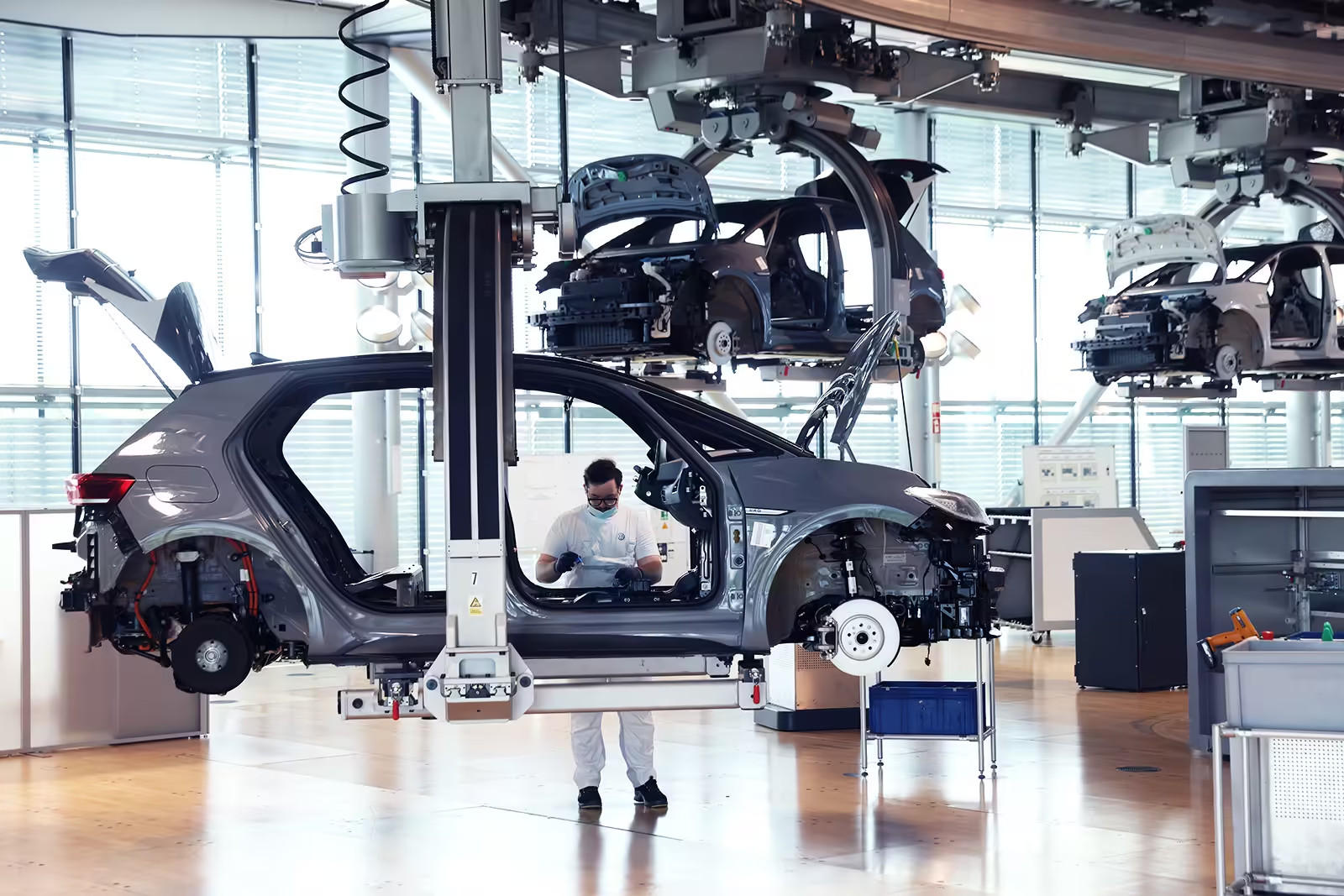The automotive industry continues to drive the global economy, showcasing innovation, engineering prowess, and a commitment to sustainability. As we navigate 2024,
Let’s explore the top car manufacturing companies leading the way in 2024. We’ll delve into company valuations, headquarters, and more.
1. Volkswagen Group
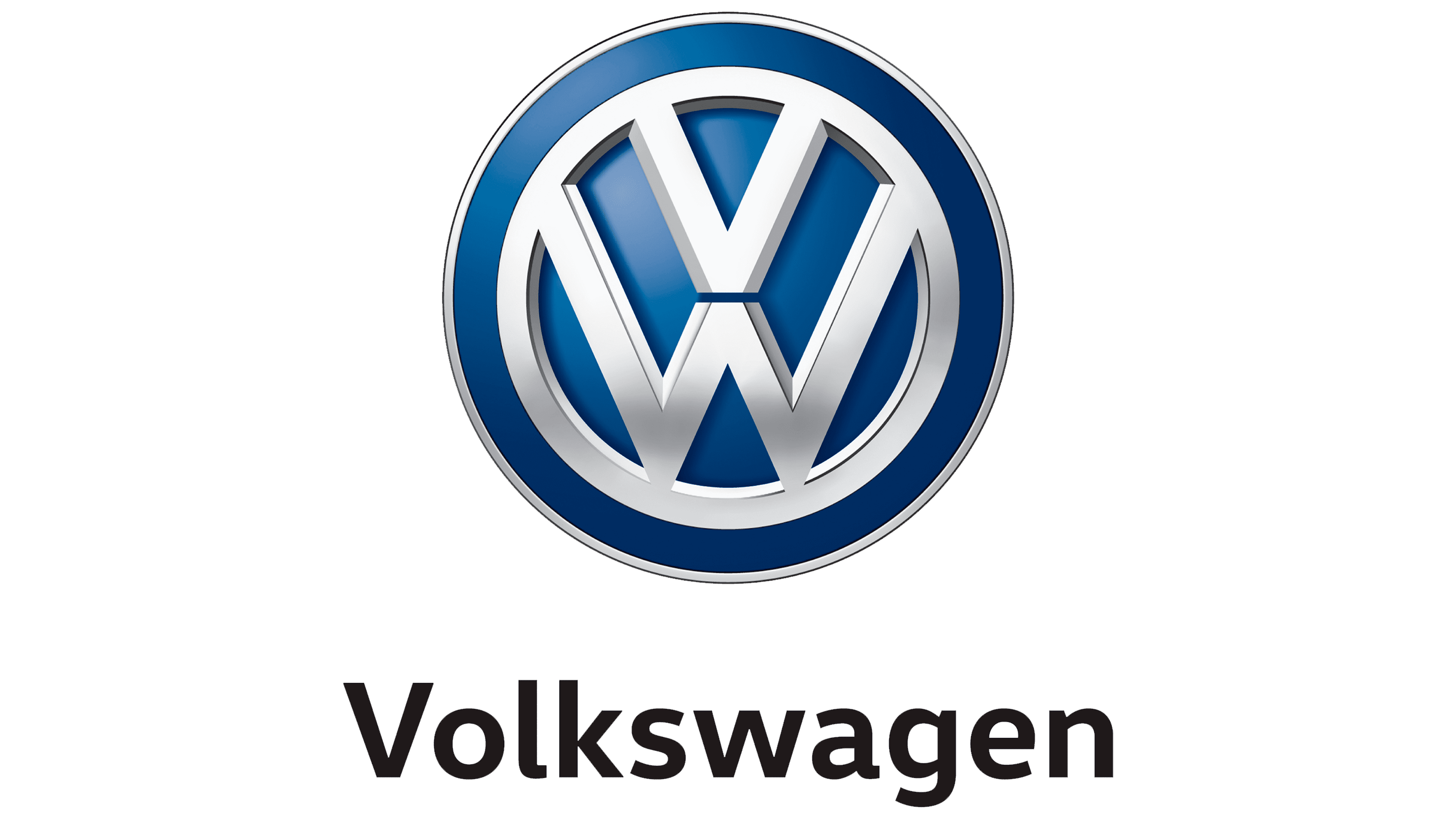
Introduction
The Volkswagen Group, headquartered in Wolfsburg, Germany, is one of the world’s leading automobile manufacturers and the largest carmaker in Europe. Founded in 1937, the Group has grown into a global powerhouse, known for its commitment to innovation, quality, and sustainability.
Company Overview
- Headquarters: Wolfsburg, Germany
- Founded: May 28, 1937
- Industry: Automotive
- Number of Employees: Over 600,000 worldwide
- Production Facilities: 114 across 19 European countries and ten countries in the Americas, Asia, and Africa.
Financial Valuation (2023)
- Revenue: €322.284 billion
- Operating Income: €21.586 billion
- Net Income: €16.013 billion
- Total Assets: €630.826 billion
- Total Equity: €174.757 billion.
Brand Portfolio
The Group’s brand portfolio is diverse, encompassing everything from luxury and sports cars to commercial vehicles:
- Core Brands: Volkswagen, Volkswagen Commercial Vehicles
- Progressive Brands: ŠKODA, SEAT, CUPRA
- Sport Luxury Brands: Audi, Lamborghini, Bentley, Porsche
- Motorcycles: Ducati.
Market Share and Sales
- Global Market Share: Approximately 7%
- Annual Vehicle Sales: Over 4.5 million vehicles in 2022.
Global Presence Volkswagen’s vehicles are sold in numerous countries worldwide, with a significant presence in major markets such as China, the United States, and Europe. The Group’s global reach is a testament to its strong brand recognition and consumer trust.
Innovation and Future Strategy the Group’s strategy, “NEW AUTO – Mobility for Generations to Come,” aims to transform the company from a traditional carmaker into a leader in sustainable mobility. By 2025, Volkswagen plans to launch over 30 new fully electric models, expand its battery technology, and advance autonomous driving capabilities.
Sustainability Efforts Volkswagen is dedicated to reducing its environmental impact and has set ambitious targets to become carbon-neutral by 2050. The Group is investing heavily in electric vehicles (EVs), with plans to offer an EV option in every segment by 2030.
Research and Development the Group’s R&D efforts are focused on four technology platforms: mechatronics, software, battery & charging, and mobility solutions. These platforms are crucial for developing the next generation of vehicles that are safer, more efficient, and more connected.
Corporate Governance Volkswagen’s executive bodies, including the Management Board and Supervisory Board, oversee the Group’s operations, ensuring adherence to the highest standards of ethics and compliance.
Cultural Influence the Group also engages in cultural initiatives, such as the “ICONIC – A Timeless Journey of Culture, Society, and Mobility” exhibition, which showcases the cultural influence of iconic vehicle models and other significant moments in history
2. Toyota
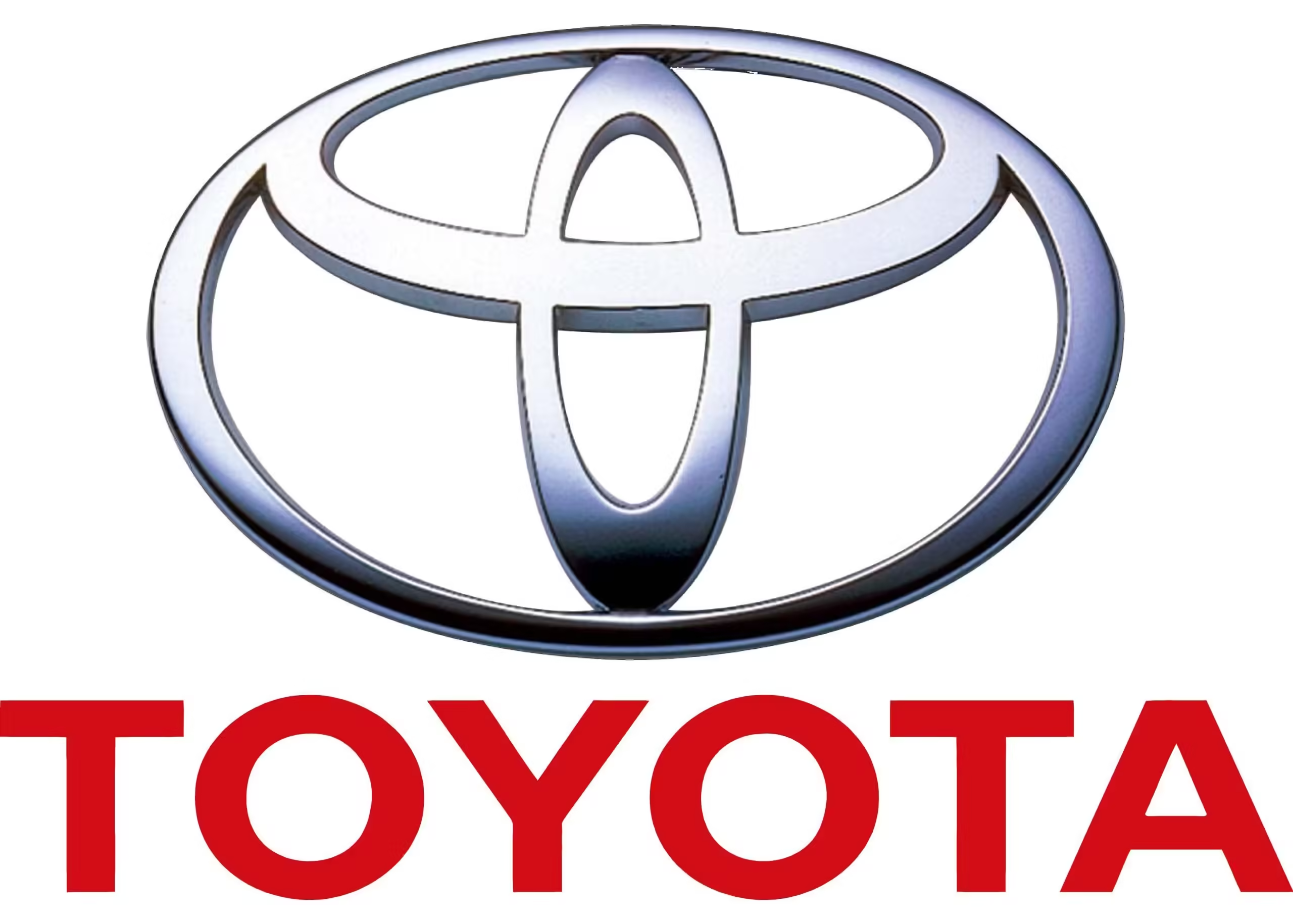
Introduction
Toyota, the largest automobile manufacturer in the world, is renowned for its commitment to quality, innovation, and sustainability. Producing about 10 million vehicles per year, Toyota has been a pivotal player in the global automotive industry since its inception.
Company Overview
- Headquarters: Toyota City, Aichi, Japan
- Founded: August 28, 1937, as a spinoff of Toyota Industries
- Industry: Automotive
- Number of Employees: Approximately 360,000 worldwide
- Brands: Toyota, Lexus, Daihatsu, and Hino.
Financial Valuation
Toyota’s financial strength is reflected in its robust revenue and sales figures, with the company consistently ranking at the top of the automotive sector. The exact financial details can be found in their annual report.
Brand Portfolio
Toyota’s brand portfolio includes:
- Toyota: Known for reliable and efficient passenger cars
- Lexus: Luxury vehicles that combine performance with elegance
- Daihatsu: Specializes in compact cars
- Hino: Commercial vehicles and trucks.
Market Share and Sales
Toyota’s global market share is a testament to its widespread popularity and consumer trust. With a production output of approximately 10 million vehicles per year, Toyota maintains a significant presence in the automotive market.
Global Presence Toyota’s vehicles are sold in over 170 countries and regions. The company’s global network ensures that customers have access to Toyota’s products and services, no matter where they are.
Innovation and Future Strategy Toyota is at the forefront of automotive innovation, with a keen focus on developing environmentally friendly vehicles. The company is a leader in hybrid technology and is actively investing in hydrogen fuel cell vehicles and other sustainable technologies.
Sustainability Efforts Toyota is committed to achieving carbon neutrality by 2050. The company’s environmental initiatives include reducing greenhouse gas emissions, promoting recycling, and developing eco-friendly vehicles.
Research and Development Toyota’s R&D efforts are centered around “Woven Planet,” a project aimed at creating a human-centered future through AI, robotics, and other cutting-edge technologies. The company invests heavily in R&D to ensure the safety, comfort, and convenience of its vehicles.
Corporate Governance Toyota’s corporate governance structure includes the Board of Directors, Audit & Supervisory Board Members, and Executive Officers. The company adheres to high ethical standards and transparent business practices.
Cultural Influence Toyota’s influence extends beyond the automotive industry. The company supports various cultural and community initiatives, reflecting its commitment to social responsibility and global citizenship
3. Stellantis
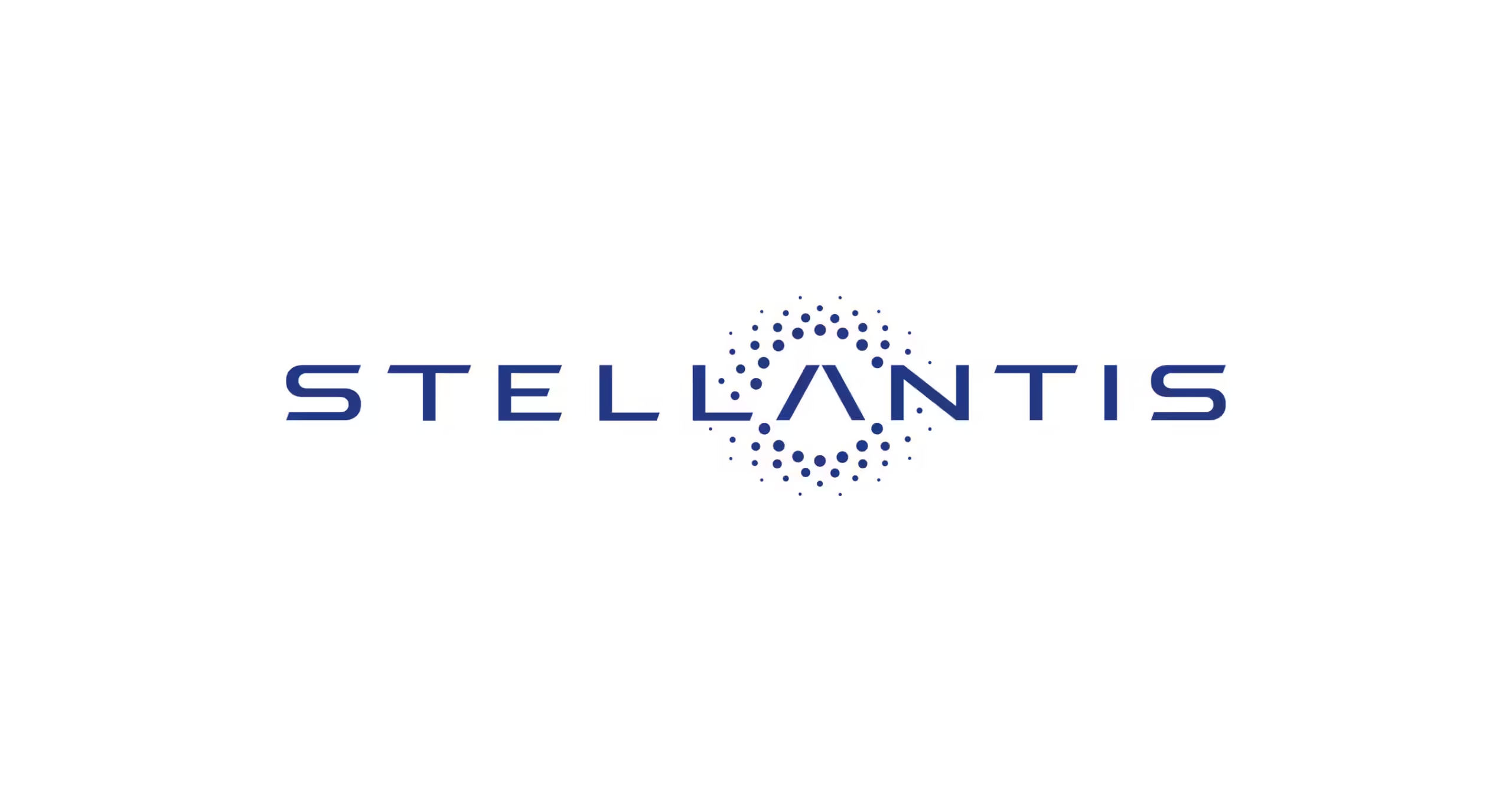
Introduction
Stellantis N.V. is a leading force in the global automotive market, created through the merger of the Italian-American conglomerate Fiat Chrysler Automobiles (FCA) and the French PSA Group in 2021. The company’s name, derived from the Latin “stello,” meaning “to brighten with stars,” reflects its ambition to innovate and lead in the industry.
Company Overview
- Headquarters: Hoofddorp, Netherlands
- Founded: January 17, 2021
- Industry: Automotive
- Number of Employees: 258,275 as of 2023
- Brands: 14 iconic automotive brands including Abarth, Alfa Romeo, Chrysler, Citroën, Dodge, DS, Fiat, Jeep, Lancia, Maserati, Opel, Peugeot, Ram, and Vauxhall.
Financial Valuation (2023)
- Revenue: €189.5 billion
- Operating Income: €22.4 billion
- Net Income: €18.6 billion
- Total Assets: €202.1 billion
- Total Equity: €82.1 billion.
Global Presence Stellantis boasts a significant global footprint, with industrial operations in more than 30 countries and a customer base in over 130 markets. This diverse presence allows Stellantis to unite people and ideas across borders and cultures.
Market Position As of 2023, Stellantis is the world’s fourth-largest automaker by sales, trailing behind Toyota, Volkswagen Group, and Hyundai Motor Group. The company’s diverse brand portfolio enables it to cater to a wide range of customer needs and preferences.
Future Outlook Stellantis is committed to becoming a sustainable mobility tech company, with a strategic plan, Dare Forward 2030, that aims for carbon net zero by 2038. The company is leading the charge in electrification and software development, with cutting-edge technologies at the core of its products and services.
Innovation and Technology The company is fully invested in developing breakthroughs in all facets of sustainable mobility, including autonomous, connected, electrified, shared, and pre-owned vehicles, as well as micro-mobility, commercial vehicles, and even electric aircraft.
Cultural and Social Impact Stellantis values its community of more than 160 nationalities and supports its iconic brands in providing freedom of mobility tailored to every need. The company is publicly traded on the New York Stock Exchange (NYSE), Euronext Milan (STLAM), and Euronext Paris (STLAP), creating value and opportunities for shareholders, employees, and host communities
4. Mercedes-Benz Group
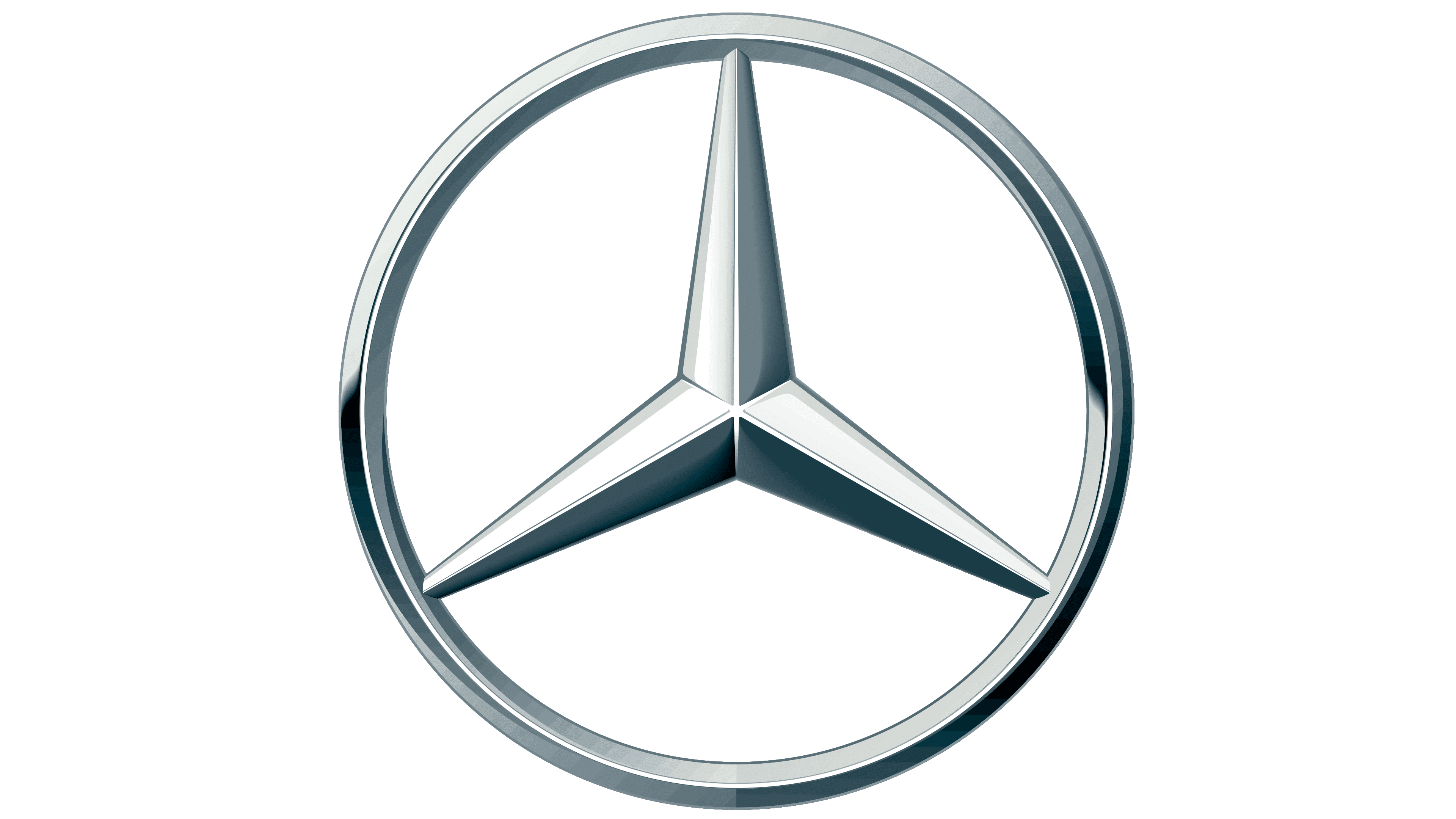
Introduction
The Mercedes-Benz Group AG stands as a paragon of automotive excellence, with a rich history dating back to the invention of the automobile by its founders, Gottlieb Daimler and Carl Benz, in 1886. As a pioneer of automotive engineering, Mercedes-Benz continues to lead the industry with its innovative and green technologies.
Company Overview
- Headquarters: Stuttgart, Germany
- Industry: Automotive
- Founded: 1926 (Daimler-Benz AG), evolving into Mercedes-Benz Group AG
- Employees: Approximately 166,000 as of December 31, 2023.
Financial Valuation (2023)
- Revenue: €153.2 billion
- EBIT: €19.7 billion
- Vehicle Sales: Around 2.5 million vehicles.
Brand Portfolio
The Group’s portfolio includes the world’s most valuable luxury automotive brand, Mercedes-Benz, along with Mercedes-AMG, Mercedes-Maybach, and Mercedes me. It also encompasses brands of Mercedes-Benz Mobility: Mercedes-Benz Bank, Mercedes-Benz Financial Services, and Athlon.
Global Presence Mercedes-Benz sells its vehicles and services in nearly every country in the world and has production facilities in Europe, North and Latin America, Asia, and Africa.
Innovation and Strategy Mercedes-Benz is systematically investing in the development of efficient powertrains and setting the course for an all-electric future. The company is transforming itself toward a fully electric and software-driven future, focusing on the intelligent connectivity of its vehicles, autonomous driving, and new mobility concepts.
Sustainability Commitment Mercedes-Benz sees shaping the future of mobility in a safe and sustainable way as both a motivation and obligation. The company’s efforts are also focused on living up to its responsibility to society and the environment.
Stock Information The company is listed on the Frankfurt and Stuttgart stock exchanges (ticker symbol MBG), reflecting its prominence in the global market
5. Ford Motor Company
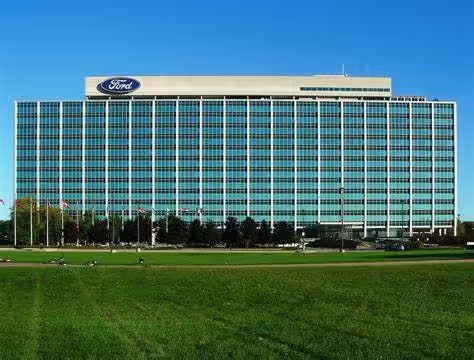
Introduction
Ford Motor Company, an American multinational automaker, has been a significant player in the global automotive industry since its founding by Henry Ford in 1903. Known for revolutionizing the car manufacturing process, Ford continues to innovate and adapt to the changing demands of mobility and technology.
Company Overview
- Headquarters: Dearborn, Michigan, USA
- Founded: June 16, 1903
- Industry: Automotive
- Number of Employees: Approximately 177,000 as of 2023
- Key People: William Clay Ford Jr. (Executive Chairman), Jim Farley (President & CEO).
Financial Valuation (2023)
- Revenue: US$ 176.2 billion
- Operating Income: US$ 5.46 billion
- Net Income: US$ 4.33 billion
- Total Assets: US$ 273.3 billion
- Total Equity: US$ 42.80 billion.
Brand Portfolio
Ford’s brand portfolio is streamlined yet powerful, focusing on its core brand:
- Ford: Offers a wide range of automobiles, performance vehicles, luxury vehicles, and commercial vehicles
- Lincoln: The luxury division of Ford, known for its sophisticated and premium vehicles.
Global Presence Ford’s vehicles are sold worldwide, with a strong presence in North America, Europe, Asia, and other key markets. The company operates through three segments: Automotive, Mobility, and Ford Credit.
Innovation and Strategy Ford is committed to leading the charge in the electric vehicle (EV) market, with plans to invest heavily in EVs and battery technologies. The company is also exploring autonomous vehicles and mobility solutions as part of its future strategy.
Sustainability Efforts Ford aims to create a better world through sustainable practices. The company is evolving to focus on services, experiences, and software, in addition to vehicles. Ford’s purpose is to help build a world where every person is free to move and pursue their dreams.
Cultural Influence Ford’s Blue Oval is one of the most recognized corporate symbols in history. The company has played a part in significant historical events and continues to serve the world with integrity and competence
6. General Motors

Introduction
General Motors (GM), headquartered in Detroit, Michigan, is an American multinational corporation that has been at the forefront of the automotive industry for over a century. Founded by William C. Durant in 1908, GM has played a pivotal role in the global expansion and technological advancement of the automobile.
Company Overview
- Headquarters: Detroit, Michigan, USA
- Founded: September 16, 1908
- Industry: Automotive
- Number of Employees: Over 165,000
- Key People: Mary Teresa Barra (Chairman & CEO), Mark L. Reuss (President).
Financial Valuation (2023)
- Revenue: $171.84 billion
- Operating Segments: GM North America (GMNA), GM International (GMI), Cruise (autonomous vehicles), and GM Financial.
Brand Portfolio GM’s impressive brand portfolio includes:
- Chevrolet: Offers a wide range of vehicles from subcompact cars to medium-duty commercial trucks
- Buick: Markets luxury vehicles that are above GM’s mainstream brands
- GMC: Specializes in trucks and utility vehicles, including pickups and SUVs
- Cadillac: GM’s flagship luxury brand, known for its premium cars and SUVs
- Holden: An iconic Australian brand, now a badge engineered marque
- Wuling: A joint venture in China, producing microvans and small trucks.
Global Presence GM’s vehicles are sold in approximately 140 countries, with a strong presence in North America and China. The company’s global scale and capabilities are reflected in its diverse workforce, speaking 75 languages and serving six continents.
Innovation and Future Strategy GM is driving the world forward with its vision of zero crashes, zero emissions, and zero congestion. The company is pioneering innovations in electrification, vehicle safety, autonomous vehicles, and social impact. GM’s new Ultium Platform is set to revolutionize the EV market, aiming to make electric vehicles accessible to everyone.
Sustainability Commitment GM is dedicated to creating a sustainable future, with a commitment to becoming the most inclusive company in the world. The company’s holistic approach to engineering safety through a human lens is part of its broader social impact goals.
Cultural Influence GM’s influence extends beyond the automotive sector, as it actively engages in various initiatives to promote inclusivity and responsibility towards the community and the environment
7. BMW Group
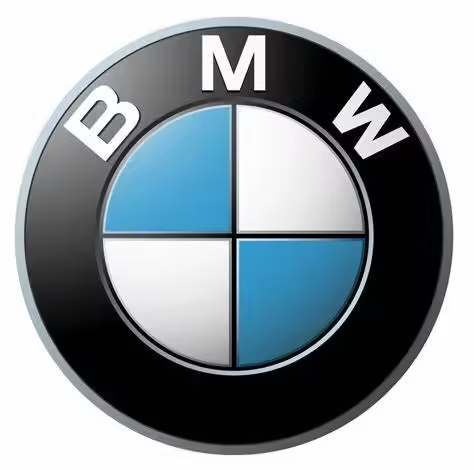
Introduction
The BMW Group is the epitome of premium in the automotive and motorcycle industry, with a rich heritage of innovation and a commitment to excellence. As a global manufacturer, the BMW Group has cemented its position as a leader in the market, offering a wide range of products and services that cater to the discerning tastes of its customers.
Company Overview
- Headquarters: Munich, Germany
- Founded: March 7, 1916
- Industry: Automotive
- Number of Employees: Approximately 154,950 as of the end of 2023.
- Production Sites: Over 30 production facilities worldwide.
Financial Valuation (2023)
- Revenue: €155.5 billion
- Vehicle Sales: 2.55 million cars sold.
Brand Portfolio
The BMW Group’s brand portfolio is diverse and prestigious, including:
- BMW: The core brand, known for its dynamic and innovative vehicles
- MINI: Offers a unique combination of fun, style, and urban practicality
- Rolls-Royce: The ultimate in luxury automobiles
- BMW Motorrad: High-performance motorcycles with a blend of style and engineering excellence.
Global Presence The BMW Group’s products are sold in over 140 markets, reflecting its extensive global sales network and the universal appeal of its brands.
Innovation and Strategy The BMW Group is dedicated to shaping the future of mobility with a clear focus on sustainability and the conservation of resources. Its strategic direction is geared towards making meaningful contributions to a more sustainable world, combining top-flight mobility with innovative technologies.
Sustainability Commitment With fixed targets and values that govern its business practices, the BMW Group is committed to its responsibility to society and the environment. The company’s efforts are directed towards achieving a sustainable future through its products, services, and operations.
Corporate Governance The BMW Group’s corporate governance is characterized by transparent reporting and leadership guided by stakeholder interests. The Management and Supervisory Boards work closely together, ensuring that the company’s actions are underpinned by a strong sense of responsibility and trust.
Cultural and Social Impact The BMW Group’s influence goes beyond the automotive sector, as it engages in dialogues and initiatives that foster personal mobility solutions and contribute to society. The company’s culture is shaped by appreciation, equality, and a passion for driving technological transformation
8. Honda Motor
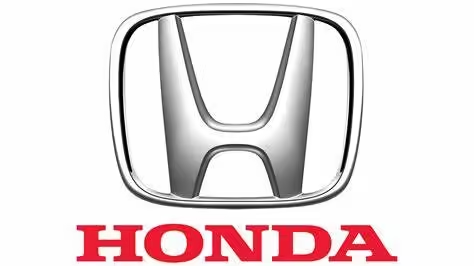
Introduction
Honda Motor Co., Ltd. is a name synonymous with engineering excellence and innovation. Since its foundation, Honda has been committed to “creating a society that is useful to people” by utilizing its technologies and ideas. The company’s focus on environmental responsiveness and traffic safety continues to drive its efforts in realizing a sustainable future.
Company Overview
- Headquarters: Minami-Aoyama, Minato-ku, Tokyo, Japan
- Founded: September 1948
- Industry: Automotive
- Number of Employees: Consolidated: 197,039; Non-consolidated: 33,065
- Honda Group Companies: 382 domestic and overseas affiliated companies.
Financial Valuation (Fiscal Year Ended March 31, 2022)
- Consolidated Sales Revenue: 16,907 billion yen
- Consolidated Operating Profit: 780.7 billion yen
- Capital: 86 billion yen.
Global Presence
Honda’s global presence is extensive, with worldwide unit sales for the fiscal year ended March 31, 2022, including:
- Automobiles: 3.68 million units
- Motorcycles: 18.75 million units
- Power Products: 5.64 million units
- Global Total Units: 28.08 million units.
Brand Portfolio
Honda’s main products include:
- Motorcycles: Known for their reliability and performance
- Automobiles: A range of vehicles known for their efficiency and innovation
- Power Products: Including generators, lawn mowers, and outboard engines.
Innovation and Strategy Honda’s commitment to innovation is evident in its R&D efforts, focusing on environmental technologies, the advancement of safety features, and the pursuit of new mobility solutions. The company’s vision for 2030 includes a significant push towards electrification and the development of autonomous driving technologies.
Sustainability Commitment Honda aims to contribute to a sustainable society by focusing on environmental initiatives and traffic safety measures. The company is dedicated to reducing its environmental footprint and enhancing the safety of its products for all road users.
Corporate Governance Honda’s corporate governance structure includes a list of directors and a code of conduct that ensures the company operates with integrity and accountability. Honda’s global brand campaign delivers its slogan to the world, emphasizing its commitment to innovation and customer satisfaction
9. Hyundai Motor Company

Introduction
Hyundai Motor Company, established in 1967, has grown to become a key player in the global automotive market. Known for its modern designs and advanced technology, Hyundai has made significant strides in becoming a leader in the industry.
Company Overview
- Headquarters: Seoul, South Korea
- Founded: December 29, 1967
- Industry: Automotive
- Number of Employees: Approximately 75,000 worldwide
- Key People: Chung Eui-sun (Chair), Chang Jae-hoon (President and CEO).
Financial Valuation (2021)
- Revenue: ₩117.61 trillion
- Operating Income: ₩6.68 trillion
- Net Income: ₩5.69 trillion
- Total Assets: ₩233.95 trillion
- Total Equity: ₩82.61 trillion.
Brand Portfolio
Hyundai’s brand portfolio includes:
- Hyundai: Offers a diverse range of vehicles from compact cars to SUVs
- Genesis: Hyundai’s luxury vehicle division
- Ioniq: Dedicated electric vehicle brand.
Global Presence
Hyundai operates the world’s largest integrated automobile manufacturing facility in Ulsan, South Korea, with an annual production capacity of 1.6 million units. The company’s vehicles are sold in 193 countries through 5,000 dealerships and showrooms.
Innovation and Strategy Hyundai is committed to leading the future of mobility with initiatives in electrification, autonomous driving, and smart technology. The company’s vision is to provide innovative mobility solutions that promote a sustainable future.
Sustainability Commitment Hyundai aims to achieve carbon neutrality by 2045. The company is investing in renewable energy and green technologies to reduce its environmental impact and promote sustainable practices.
Research and Development Hyundai’s R&D efforts are focused on developing cutting-edge technologies that enhance vehicle safety, performance, and efficiency. The company’s research facilities are dedicated to advancing automotive technology and design.
Corporate Governance Hyundai’s corporate governance is structured to ensure transparency, accountability, and ethical business practices. The company’s leadership is committed to upholding the highest standards of corporate responsibility.
Cultural and Social Impact Hyundai’s influence extends beyond the automotive industry, as it engages in various cultural and social initiatives. The company is dedicated to creating a positive impact on society and contributing to community development
10. SAIC Motor
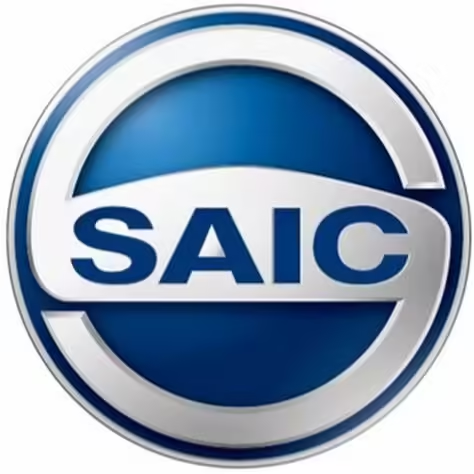
Introduction
SAIC Motor is one of the largest automotive manufacturers in China, known for its comprehensive range of vehicles, including cars, trucks, vans, buses, and a variety of automotive components.
Company Overview
- Headquarters: Shanghai, China
- Founded: 1955
- Industry: Automotive
- Number of Employees: Over 148,000
- Key Brands: MG, Roewe, Maxus, IM Motors, and partnerships with General Motors and Volkswagen.
Financial Valuation (as of 2021)
- Revenue: Approximately ¥600 billion
- Market Share: One of the leading automotive companies in China with a significant share of the Chinese market.
Global Presence
SAIC Motor has a growing international presence, with operations and sales in various countries around the world. The company has been expanding its reach through exports and international partnerships.
Innovation and Strategy SAIC Motor is at the forefront of innovation in the automotive industry, with significant investments in new energy vehicles (NEVs), intelligent & connected vehicles (ICVs), and international business development.
Sustainability Commitment The company is committed to sustainable development and has been actively promoting green manufacturing processes and the development of NEVs to reduce environmental impact.
Research and Development SAIC Motor has established a robust R&D system that focuses on key areas such as new energy, intelligent systems, and advanced materials to drive future growth and innovation.
In conclusion,
The automotive industry is a testament to human ingenuity and the relentless pursuit of progress. The companies profiled in this blog post—Volkswagen Group, Toyota, Stellantis, Mercedes-Benz Group, Ford Motor, General Motors, BMW Group, Honda, Hyundai, and SAIC Motor—each play a pivotal role in shaping the future of transportation. They are not just manufacturers of vehicles; they are architects of mobility, champions of sustainability, and innovators of technology.
As we look to the future, these industry leaders are poised to drive us towards a more connected, efficient, and sustainable world. Their commitment to innovation, coupled with their rich heritage, ensures that the journey ahead will be as exciting as the legacy they’ve built. The road forward is electric, autonomous, and digital, and these top car manufacturing companies are steering us into a new era of automotive excellence.
The global automotive landscape is ever-changing, and these companies will continue to adapt, evolve, and redefine what it means to move through the world. As consumers, we have the privilege of witnessing this evolution and, perhaps, the opportunity to contribute to the sustainable practices that these companies are championing.
